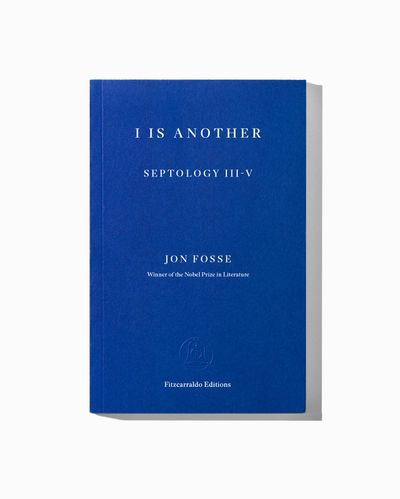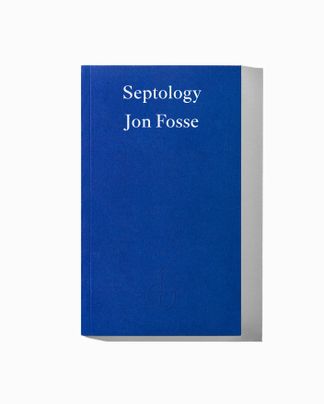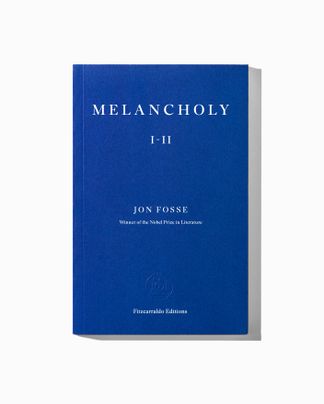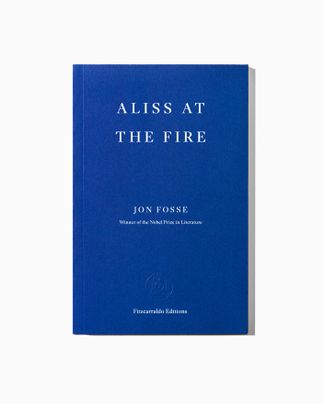Winner of the 2023 Nobel Prize in Literature
Asle is an ageing painter and widower who lives alone on the southwest coast of Norway. His only friends are his neighbour, Åsleik, a traditional fisherman-farmer, and Beyer, a gallerist who lives in the city. There, in Bjørgvin, lives another Asle, also a painter but lonely and consumed by alcohol. Asle and Asle are doppelgängers – two versions of the same person, two versions of the same life, both grappling with existential questions.
In this second instalment of Jon Fosse’s Septology, ‘a major work of Scandinavian fiction’ (Hari Kunzru), the two Asles meet for the first time in their youth. They look strangely alike, dress identically, and both want to be painters. At art school in Bjørgvin, Asle meets and falls in love with his future wife, Ales. Written in melodious and hypnotic ‘slow prose’, I is Another: Septology III-V is an exquisite metaphysical novel about love, art, God, friendship, and the passage of time.






